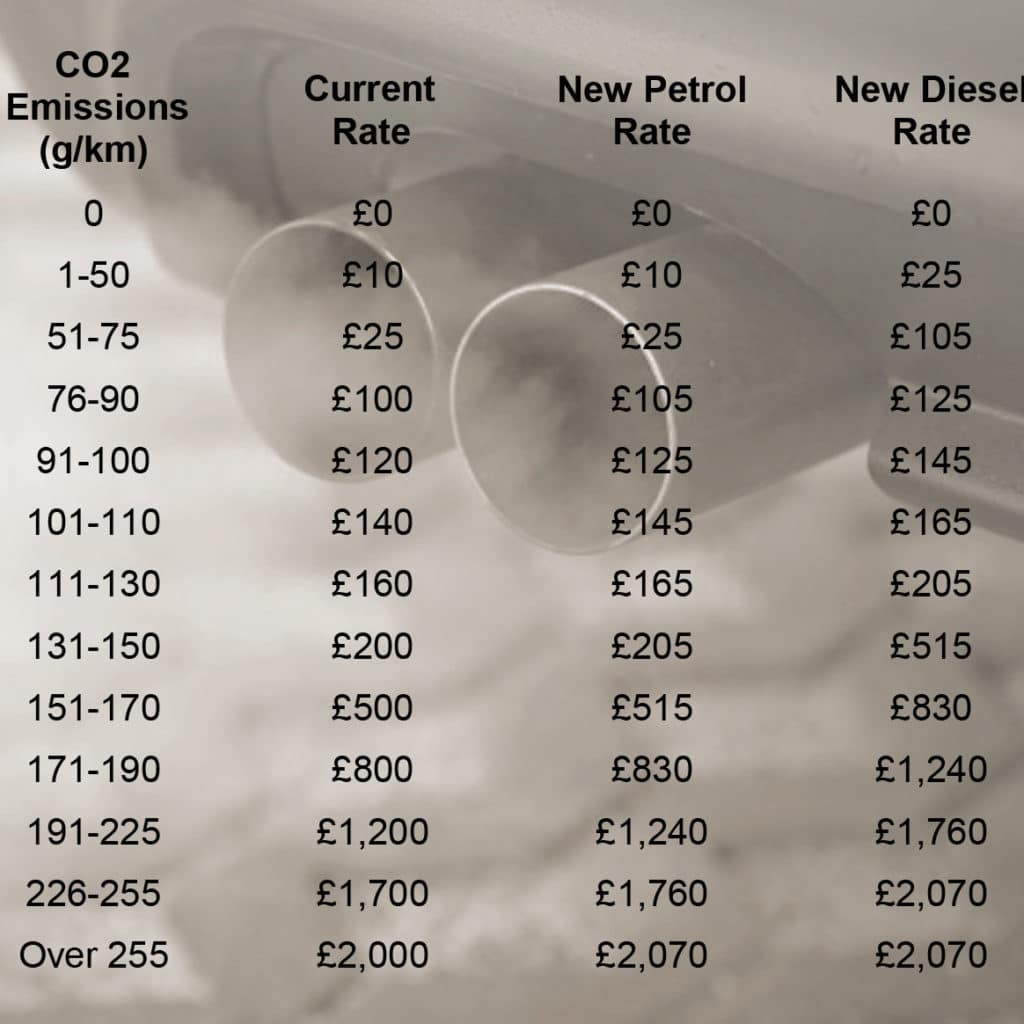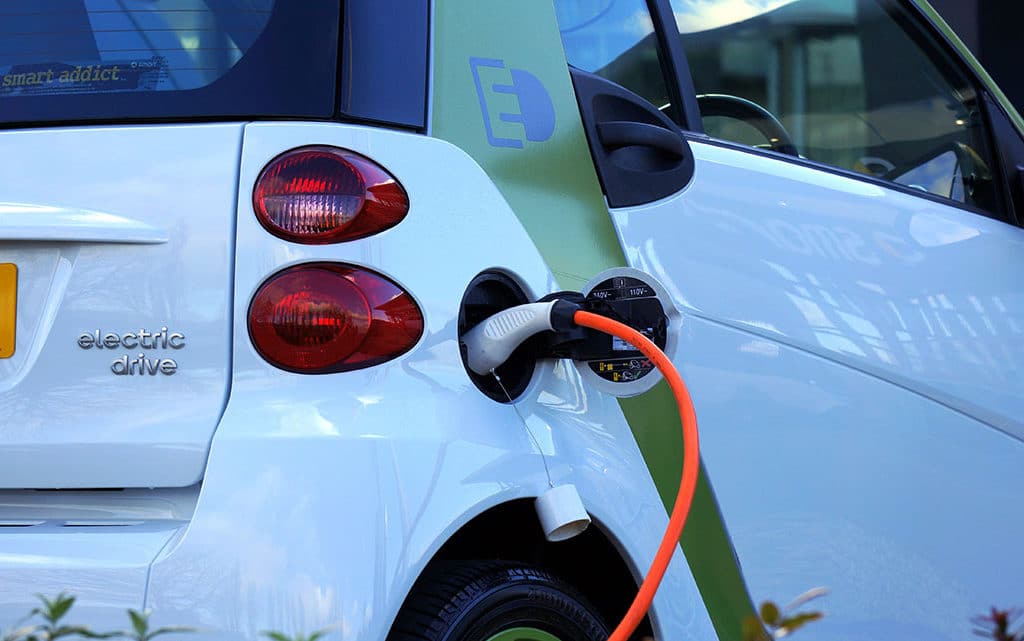4th March 2020
The government is set to rise new rates of the vehicle excise duty (VED) – more commonly known as car or road tax – in April 2020. This tax is calculated according to the amount of CO2 that the car emits. Therefore, VED will rise according to CO2
This means that purchase a car in May will be more expensive than if you do so in March. The value of the car is the same, what change is its taxation.

On cars which emit between 1 and 75 g/km of CO2, the rate will be the same. From 91 to 150 g/km will £5 more. And from there will be exponential. Up to the engines which emit more than 255 g/km which will pay £70 more. The difference are higher in Diesel cars.
In contrast, Electric vehicles pay nothing at all.
Over the past few years, the methodology behind testing vehicle emissions has changed from NEDC to WLTP, in 2007. WLTP, which stands for Worldwide Harmonised Light Vehicle Test Procedure, provides more realistic testing conditions.
It considers driving in urban roads, higher average and maximum speeds, and more realistic driving behaviour.
Company car
The Government want to promote Electric Vehicles. In the new financial year, it will increase Benefit in Kind (BIK) savings on eco-friendly cars.
The complex rules around BIK savings are hard to navigate. LeasingOptions, one of the UK’s leading car leasing companies, explains the rules changes due to take place in April 2020.
The company car taxation system is due to be revised in 2020. Previsibly, electric cars will not pay BIK tax from April 2020. BIK rates will increase to 1% from April 2021 and to 2% in April 2022. Aside from the fact that VED will rise according to CO2

Mike Thompson, Director of Sales and Marketing at LeasingOptions.co.uk said: «While it’s thought that this shift in BIK will have a short-term negative effect on the new car market, as customers wait for the new tax break, it’s hoped that the new regulations will give a substantial benefit to the industry next year, and for the years that follow.
“The new tax cut is a welcome incentive to help the push toward zero-emissions motoring”.
As a result, this measure will help to curb the air pollution levels.

